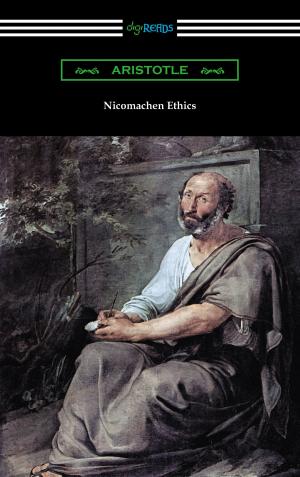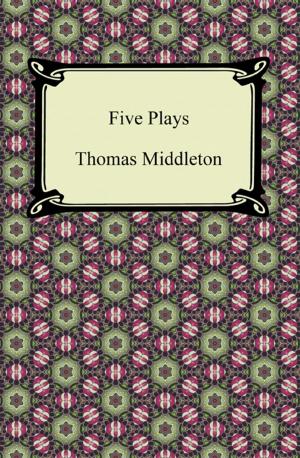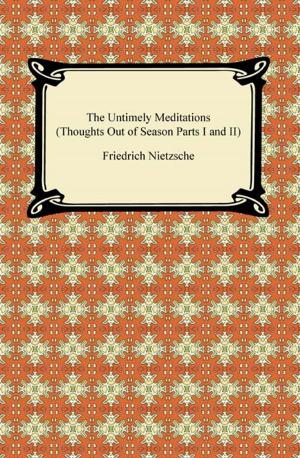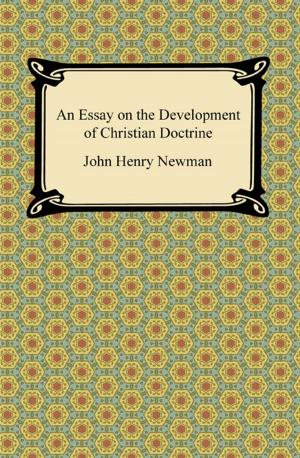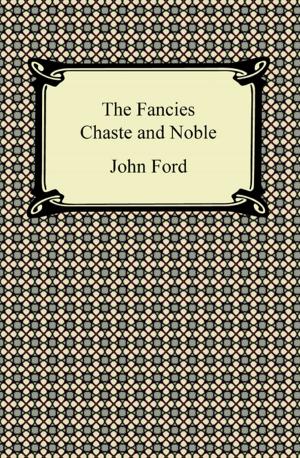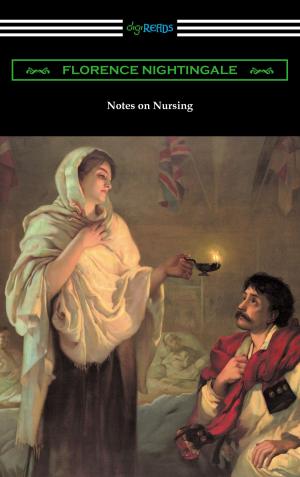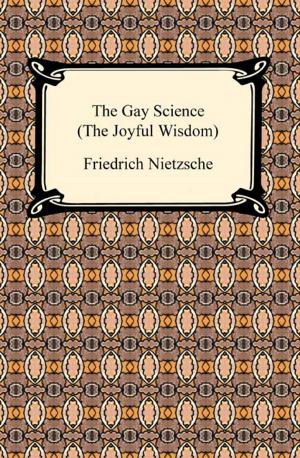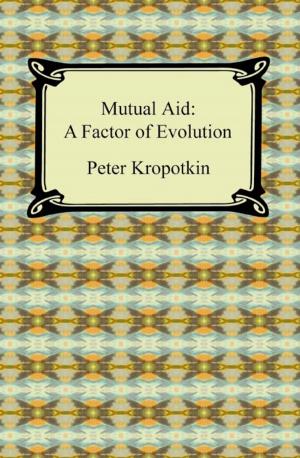| Author: | Plato | ISBN: | 9781420908022 |
| Publisher: | Neeland Media LLC | Publication: | January 1, 2012 |
| Imprint: | Digireads.com Publishing | Language: | English |
| Author: | Plato |
| ISBN: | 9781420908022 |
| Publisher: | Neeland Media LLC |
| Publication: | January 1, 2012 |
| Imprint: | Digireads.com Publishing |
| Language: | English |
One of the middle or transitional dialogues of the ancient Greek philosopher Plato, "Gorgias" is one of his more important writings. Plato contrasts the rhetorician and the philosopher, whose differing specialties are persuasion and refutation, respectively. The famous foreign rhetorician Gorgias has been drawn to Athens and its intellectual sophistication and is the initial reason for the discussion. However, as Plato delves into arguments both incredible and forthright, he begins to contrast two differing ways of life, ultimately insisting on a rejection of temptations and a promotion of authentic morality. Plato is fully aware of the difficulty of his dialogue, acknowledging that philosophy is a 'bitter draught,' yet it will lead to the struggle for a purity of soul that will be fundamentally necessary on Judgment Day. With the key to true happiness brilliantly argued, even if it is only with himself, Plato opposes everyone and no one as the 'one true statesman' in the remarkable "Gorgias."
One of the middle or transitional dialogues of the ancient Greek philosopher Plato, "Gorgias" is one of his more important writings. Plato contrasts the rhetorician and the philosopher, whose differing specialties are persuasion and refutation, respectively. The famous foreign rhetorician Gorgias has been drawn to Athens and its intellectual sophistication and is the initial reason for the discussion. However, as Plato delves into arguments both incredible and forthright, he begins to contrast two differing ways of life, ultimately insisting on a rejection of temptations and a promotion of authentic morality. Plato is fully aware of the difficulty of his dialogue, acknowledging that philosophy is a 'bitter draught,' yet it will lead to the struggle for a purity of soul that will be fundamentally necessary on Judgment Day. With the key to true happiness brilliantly argued, even if it is only with himself, Plato opposes everyone and no one as the 'one true statesman' in the remarkable "Gorgias."

